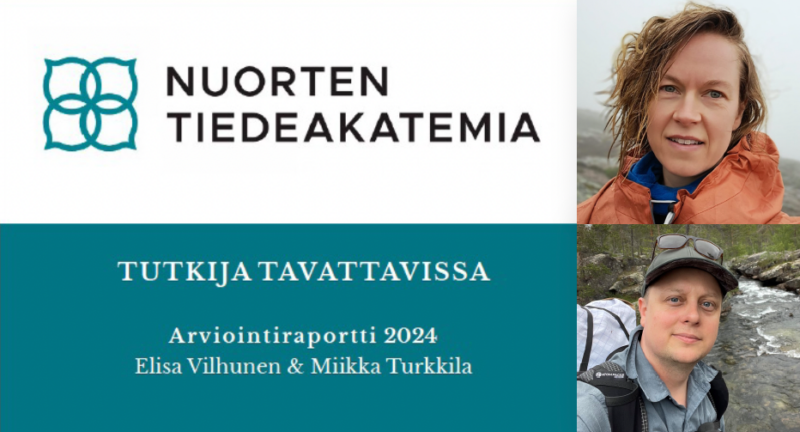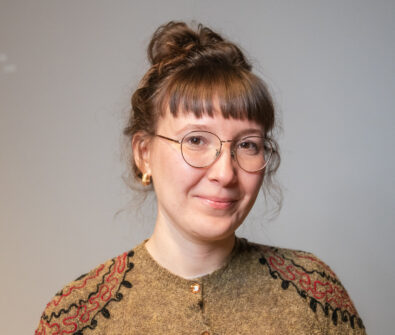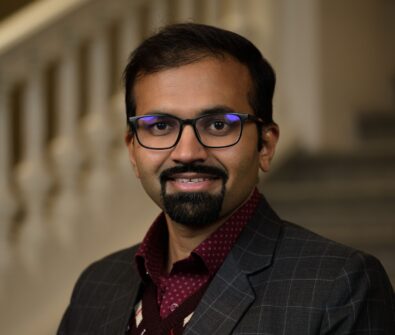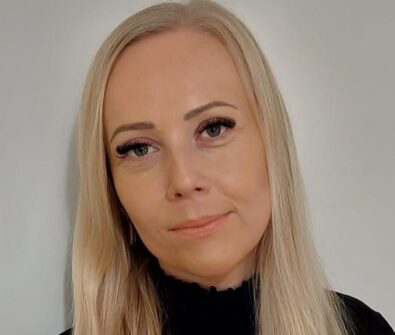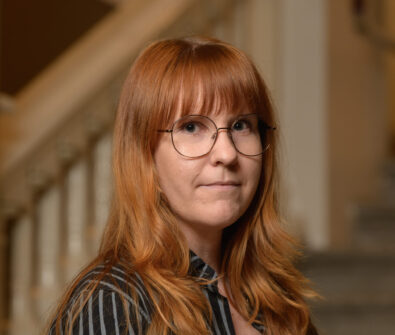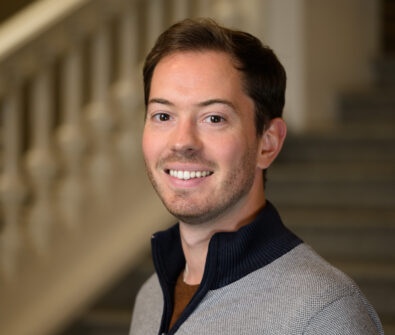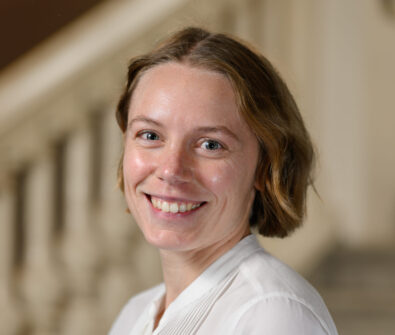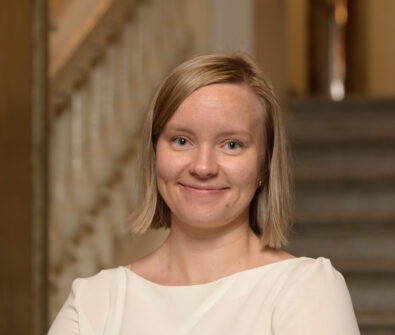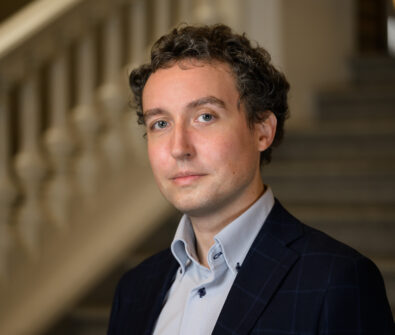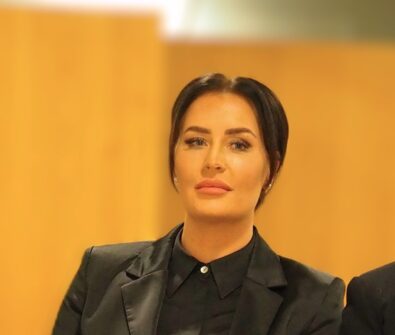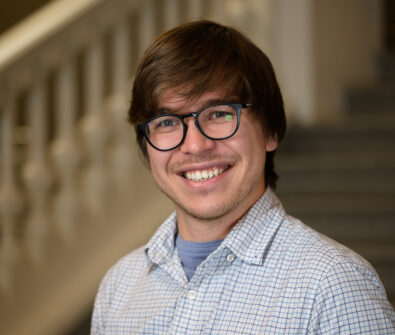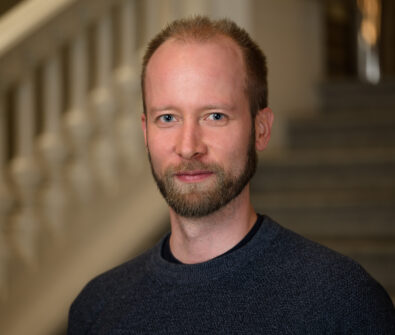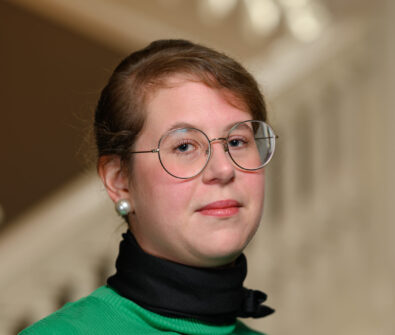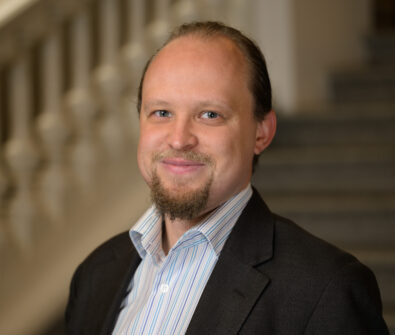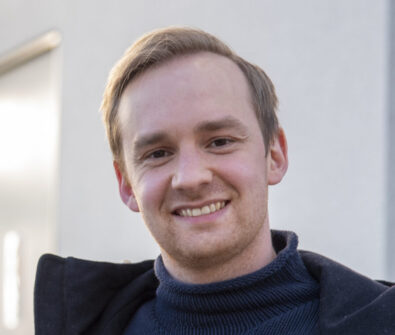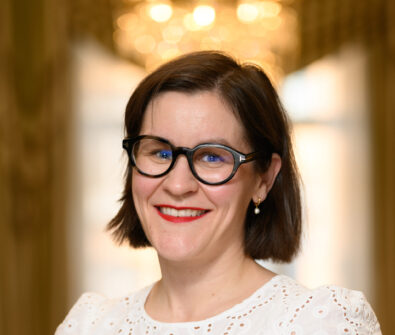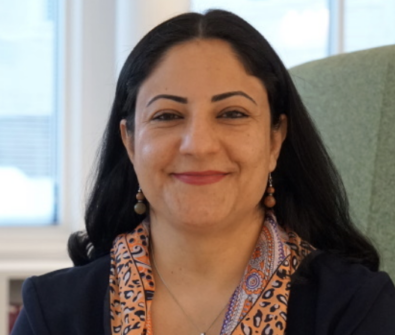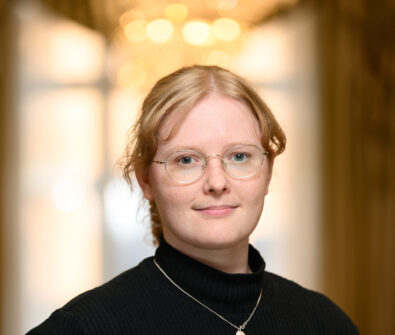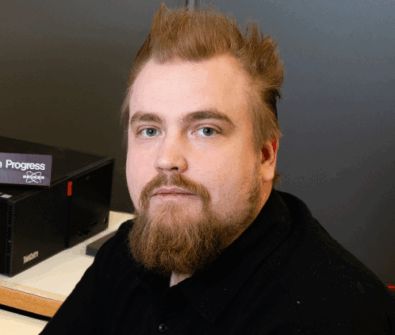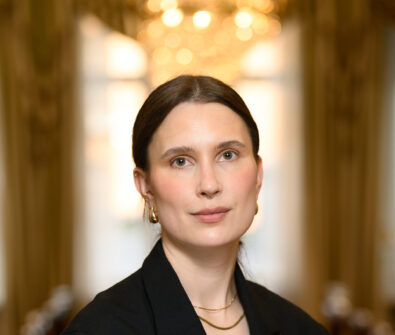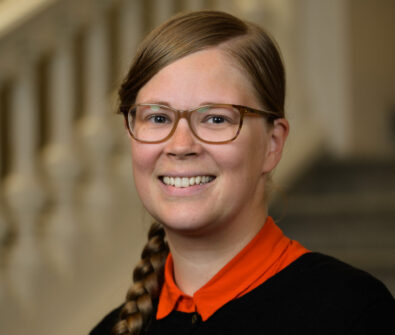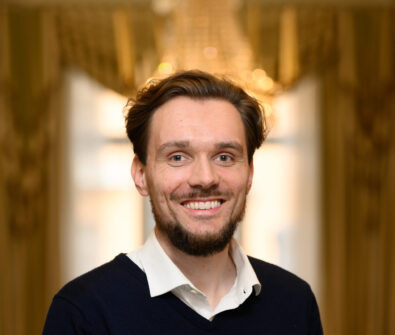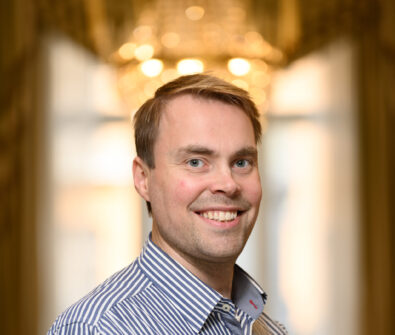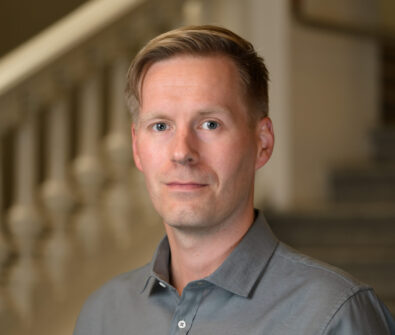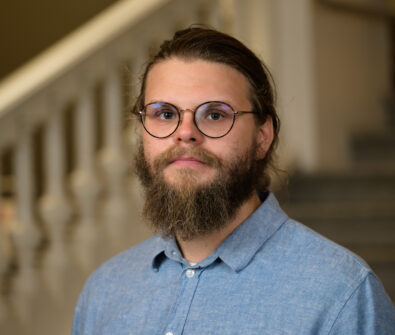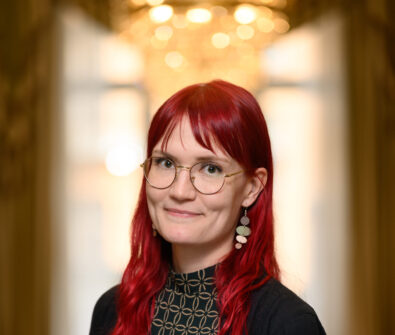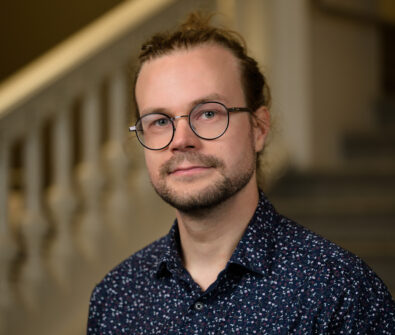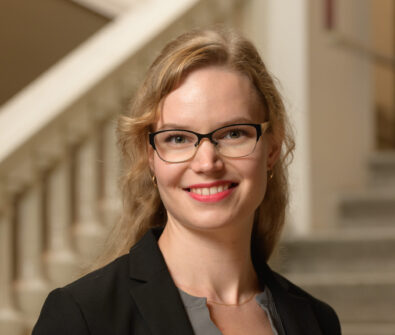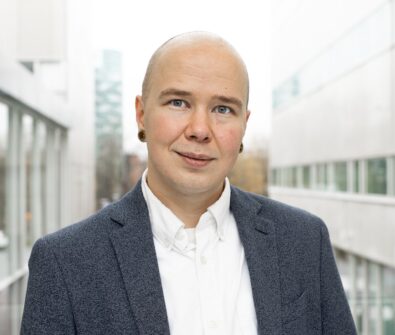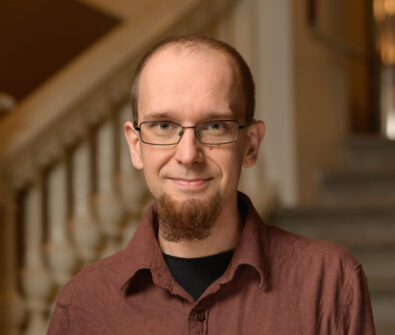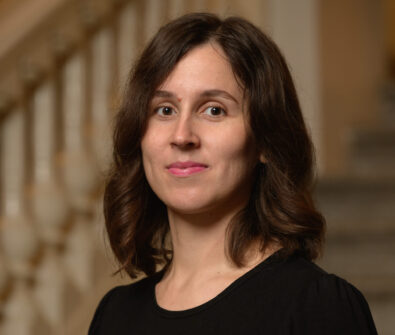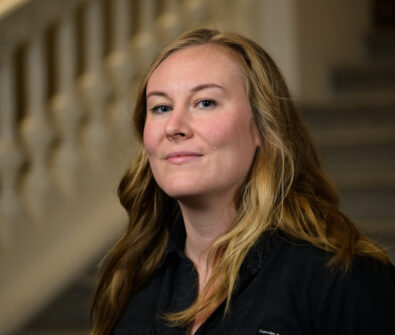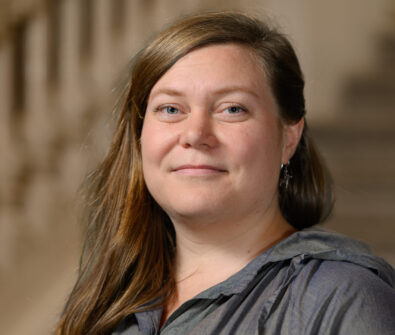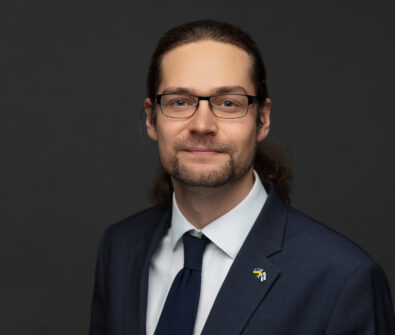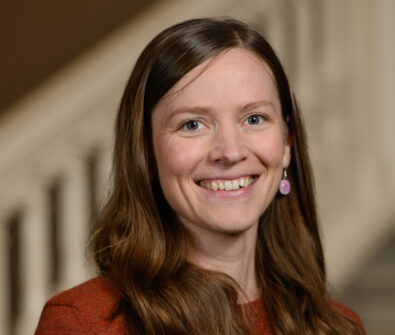Meet a researcher service has been bringing research to Finnish schools continuously since 2019, and from 2022 onwards, the service has collected feedback not only from teachers and researchers, but also from students. Young Academy Finland commissioned researchers at the University of Helsinki to evaluate the service based on feedback from 2022 and 2023. The study was conducted by Elisa Vilhunen (Doctor of Education) and Miikka Turkkila, PhD student.
This year marks the 5th anniversary of the “Meet a researcher” service, which provides remote visits from researchers to Finnish educational institutions. The service has grown steadily in popularity, and there is already a considerable amount of feedback from researchers, teachers and students. Young Academy Finland decided that now it would be a good time to commission an external evaluation of the service, so that we can plan where to take it during the current 2024-2026 project period.
According to the report, visits have been carried out extensively in every province of Mainland Finland. About 90% of the visits took place in upper secondary schools. There is room for expansion geographically, but especially at the level of the educational institutions. In quantitative terms, the focus of visits is on larger cities. Responsibility for visits is spread over a wide and heterogeneous range of researchers, with around 460 different researchers having visited through the service in 2022-23. Visits have been made to a wide range of subjects, the most popular being religion, biology, history, and psychology.
Teachers give the service a very positive rating. On a scale of 4 to 10 (same as school grading in Finland), the average score of the sample is 9.2. Teachers are grateful for the opportunity to find researchers they would otherwise find difficult to find as visitors. They also praise the ease of use of the service. The service enables regional equity in science education. A surprising aspect of the service is that it has not yet been widely used for study guidance. The majority of users are upper secondary school teachers.
The report also shows that researchers are largely satisfied with the visits. According to the researchers, the service is a good low-threshold platform for doing socially effective work. The researchers’ own visits have an average school rating of 8.7. Because of the remote nature of the visits, they often wonder how interesting or understandable their presentation has seemed to the students. In addition, researchers’ feedback reflects teachers’ varying ways of establishing (or not establishing) visual contact with pupils.
The Young Academy Finland questionnaire asked students more specific questions. The questions asked whether the visit increased the student’s interest in the subject, science, career as a researcher, and the particular research topic. In particular, the visit increased interest in a research career, with around 40% of respondents either agreeing or strongly agreeing with this statement. However, according to the regression analysis, this effect is particularly strong for students who intend to advance to more academic studies.
The report also suggested improvements to the ‘Meet the Researcher’ service, which we at the Young Academy of Sciences will address in the coming autumn. In particular, the authors suggested pedagogical guidance or tips on how to improve interactions with remote visitors. This is clearly an important area of development that the Meet a Researcher service will focus on during the current 2024-2026 project period.


